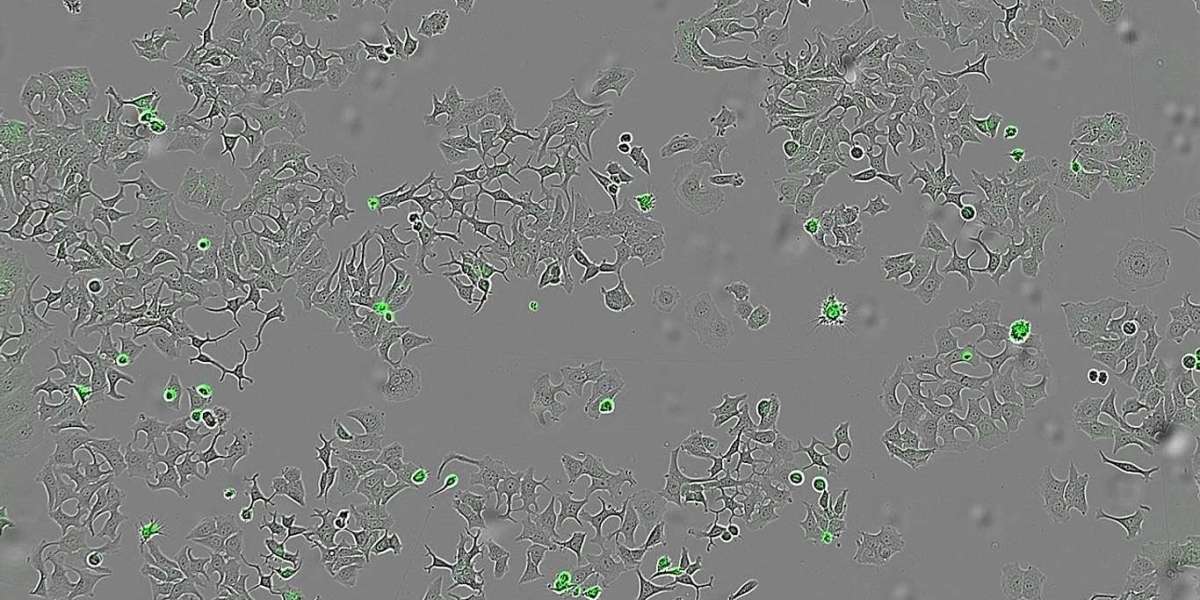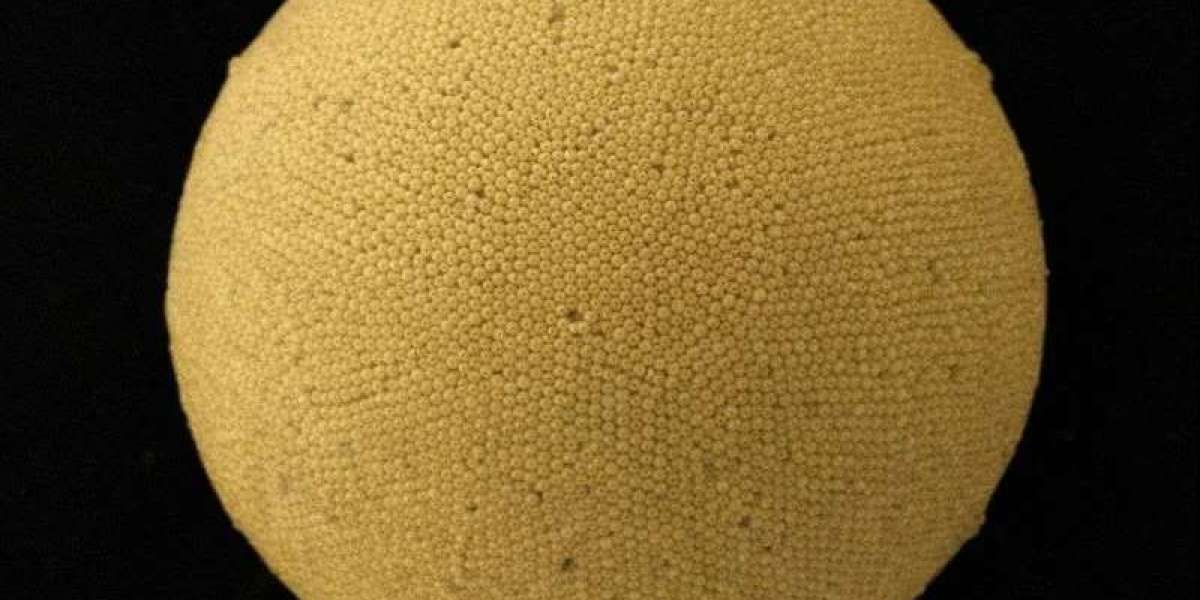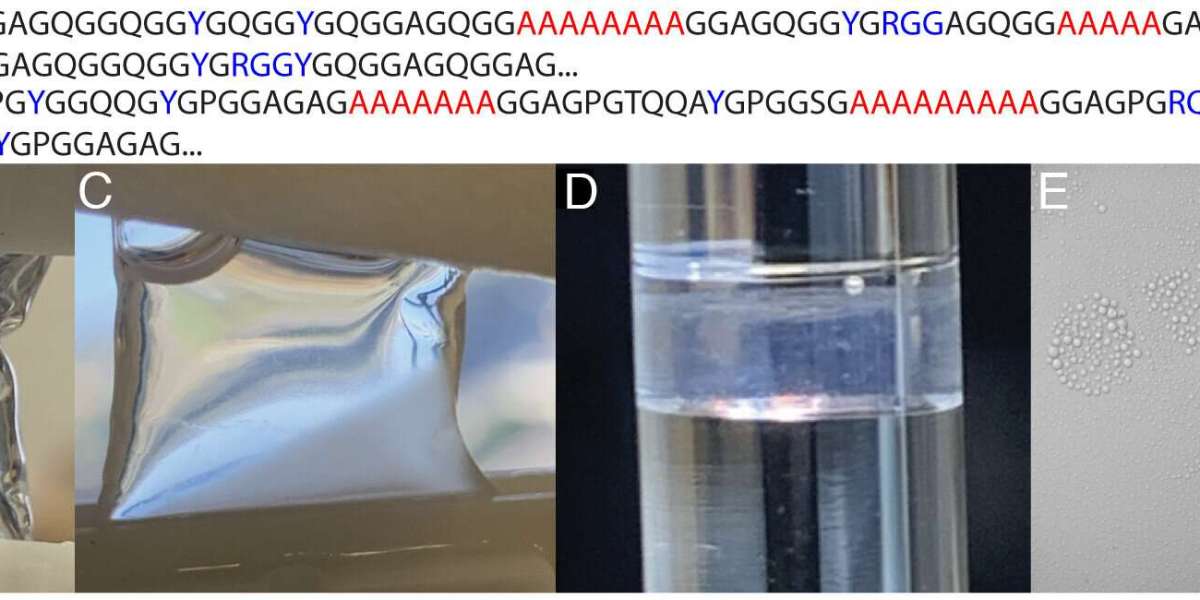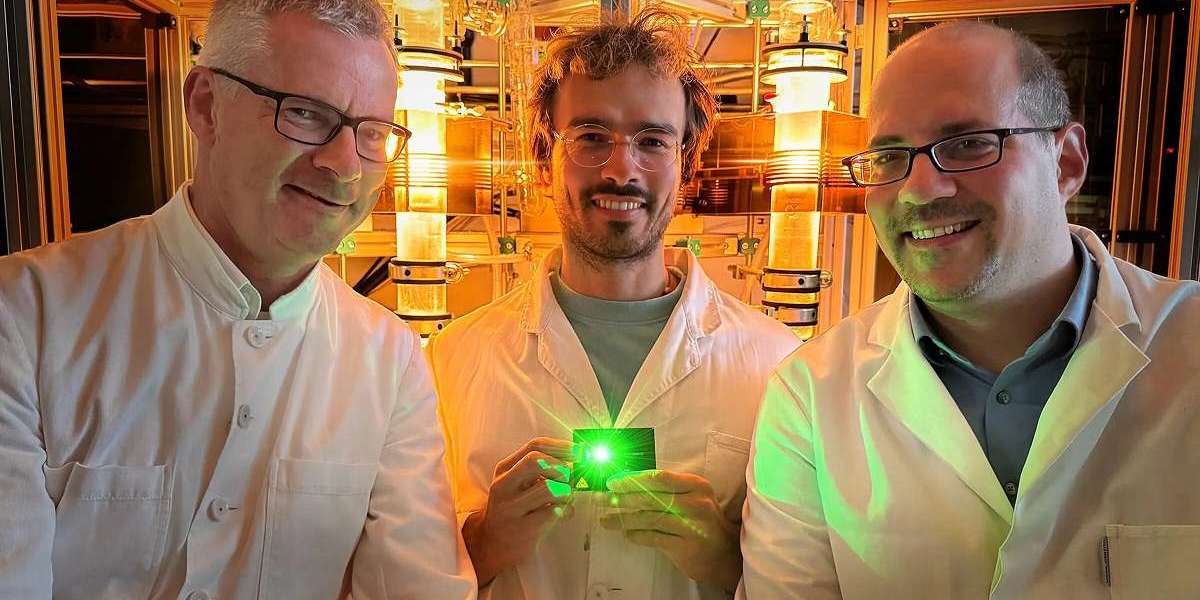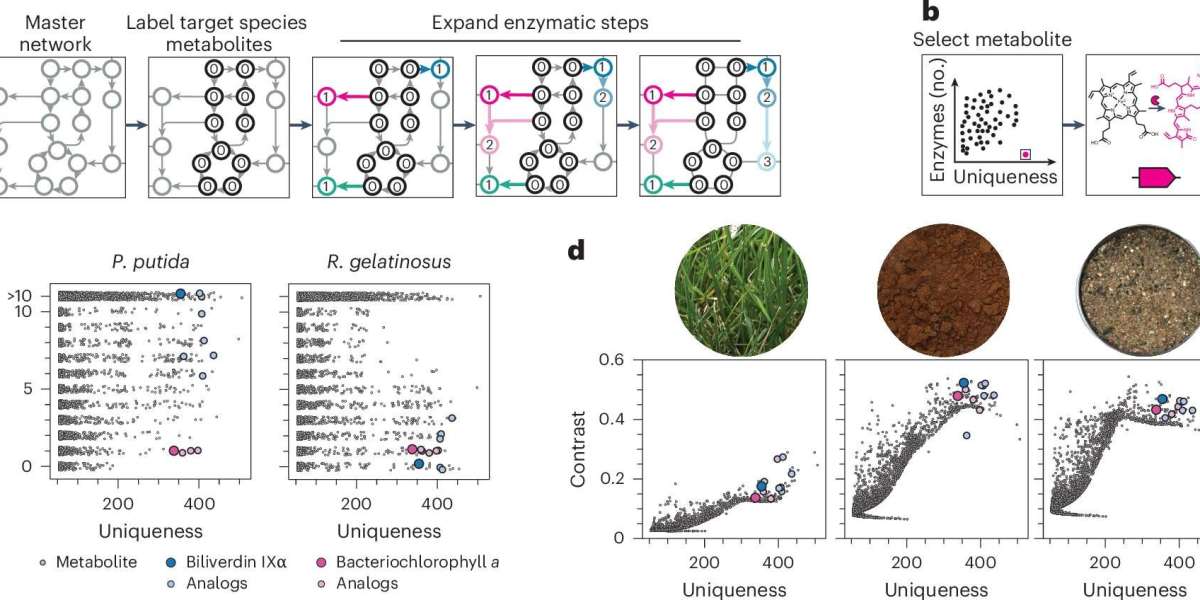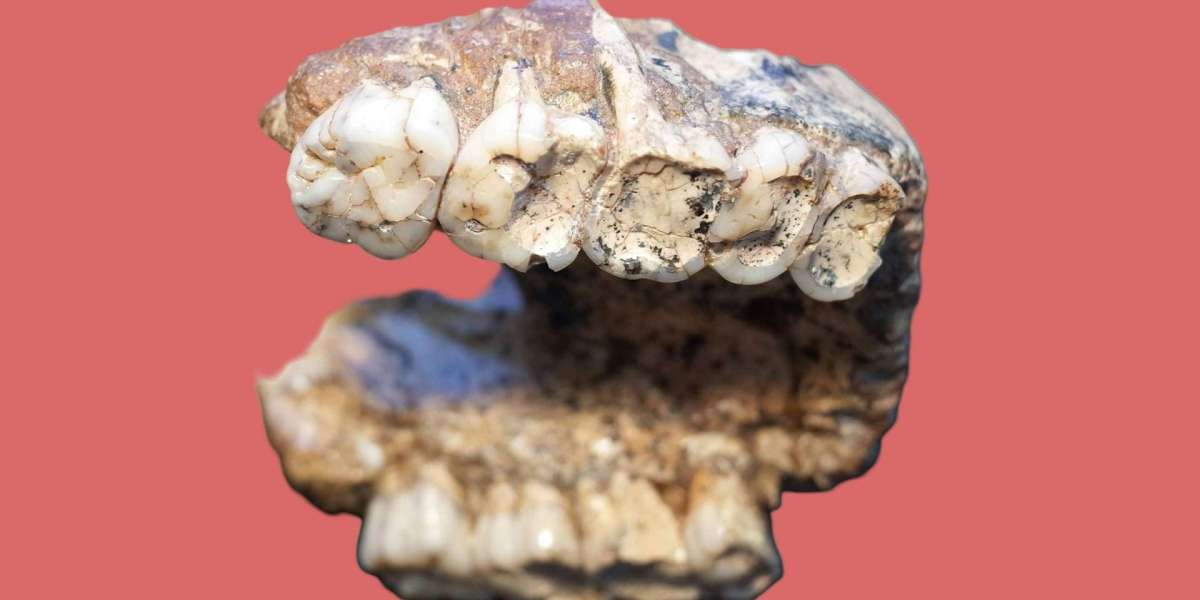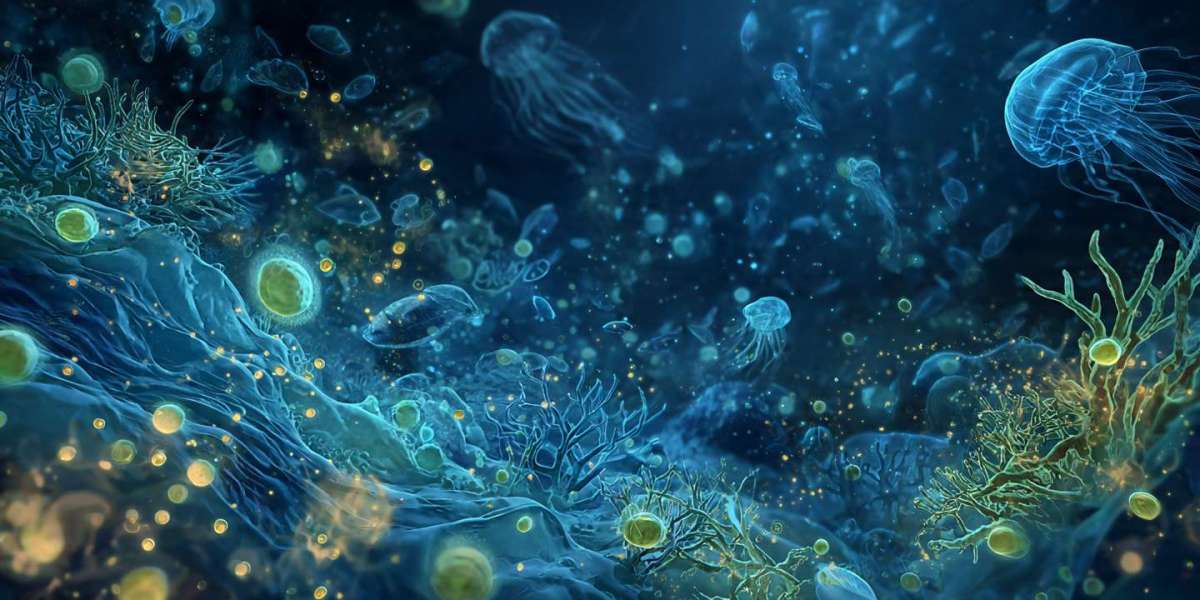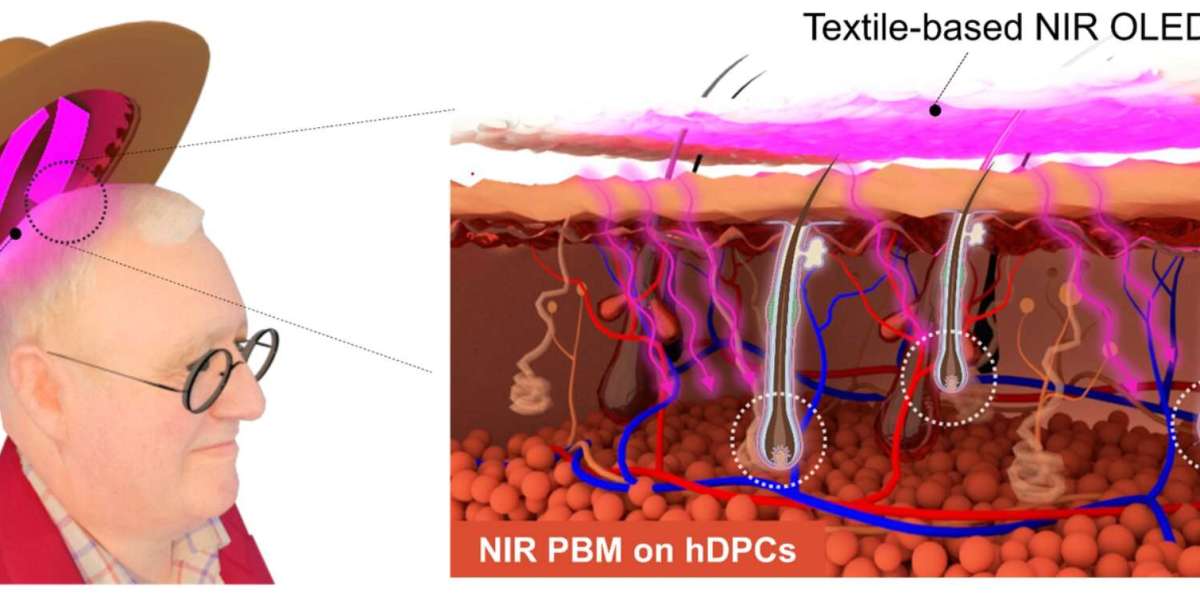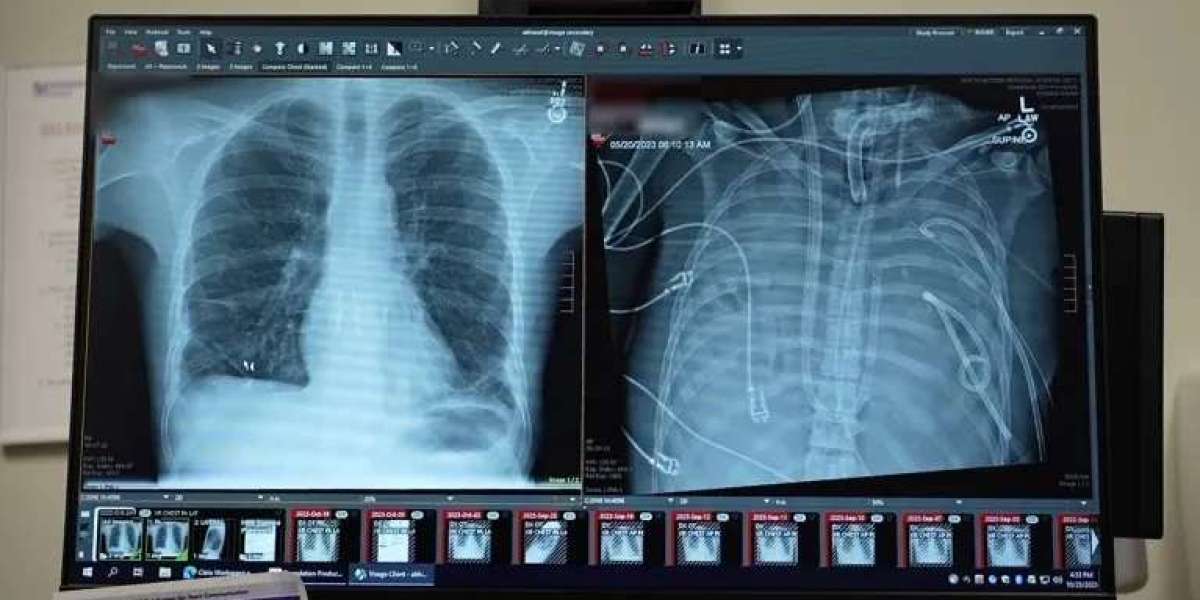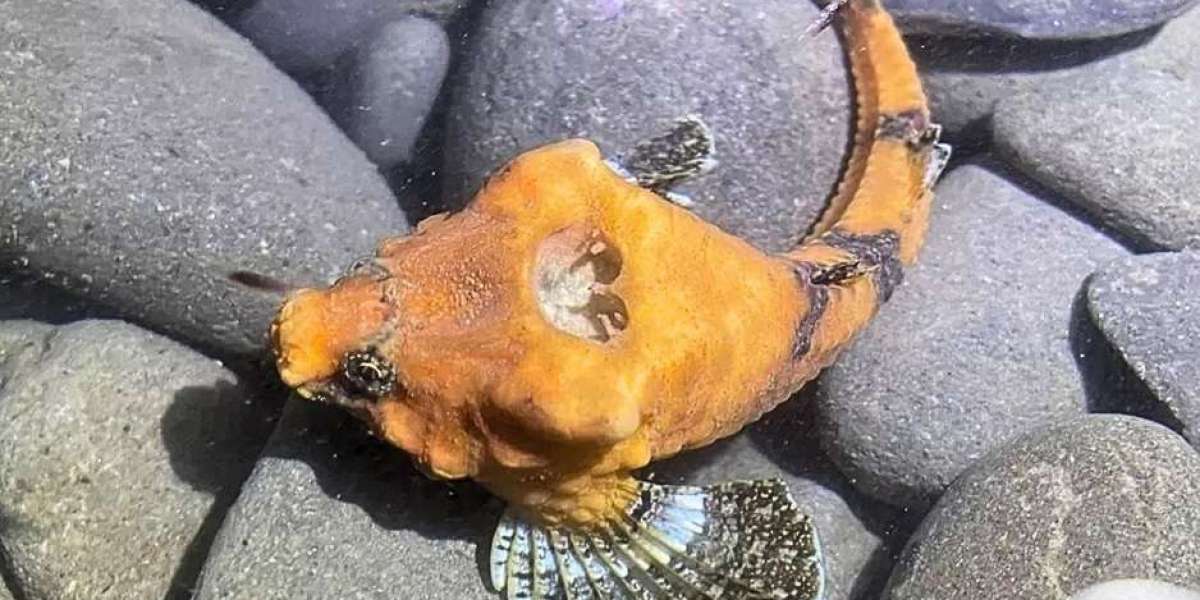article image source: euronews.com (link)
A newly discovered protein secreted by a common bacterium may hold the key to a breakthrough in cancer treatment. Scientists led by a team in Spain have found that a bacterial enzyme called HapA, produced by Vibrio cholerae, can selectively trigger self-destruction in certain cancer cells — opening the door to a potentially less toxic, targeted therapy.
advertisement
Published in the journal Cell Death Discovery, the research focused on the effects of HapA on breast, colon, and pancreatic tumor cells in laboratory settings. In each case, the presence of HapA significantly reduced cancer cell survival and proliferation.
Scientists discover bacterial protein making cancer cells self-destruct - image source: thenews.com.pk
How It Works: Hijacking Cell Signaling for Good
HapA acts by targeting two specific receptors — PAR-1 and PAR-2 — which are commonly found on the surface of cancer cells and are known to play roles in tumor growth, inflammation, and blood clotting. Unlike human enzymes that interact with these receptors, HapA cleaves them at unusual sites, triggering a biochemical cascade that leads to apoptosis, or programmed cell death.
"This work demonstrates the potential of bacterial proteins as anti-tumour therapeutic tools," said Antonio Hurtado, a researcher at the University of Salamanca, in a statement quoted by Yahoo News and Euronews.
What makes HapA especially promising is its precision. In experiments, researchers used mutant strains of Vibrio cholerae that lacked HapA, as well as genetically modified strains designed to produce only this protein. The cancer-killing effect was observed only in the presence of HapA — a strong indicator of its unique role.
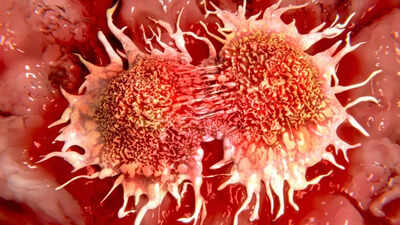
image source: timesofindia.indiatimes.com
Testing Across Cancer Types
To evaluate its broader effectiveness, scientists also exposed cancer cells to liquid extracts containing all proteins secreted by the bacteria. The goal was to assess whether HapA could maintain its tumor-killing ability across different cancer types. According to Hurtado, "We wanted to see if human cells of different tumour types were still alive and could multiply after being in contact with these bacterial substances, particularly with the HapA protein."
The results were consistent: HapA reduced the ability of tumor cells to survive and multiply, further validating its therapeutic potential.
A Path Toward Targeted, Less Toxic Cancer Therapies
While the current findings are based on laboratory experiments, researchers are optimistic about the implications. Unlike conventional cancer treatments like chemotherapy, which often harm healthy cells and cause significant side effects, a therapy based on HapA could be far more selective, targeting only cancerous cells by hijacking specific signaling pathways.
Moreover, the study reinforces the value of exploring microbial systems — including pathogens — for molecules with unexpected medical applications. As researchers noted, HapA's ability to manipulate cell signaling at unique cleavage points could make it a valuable asset in designing precision medicine strategies for cancer.
Although more research is needed — including animal and human studies — the discovery adds to a growing body of evidence that nature, particularly bacteria, may still hold untapped solutions to some of medicine’s greatest challenges.
Sources
Thank you !
